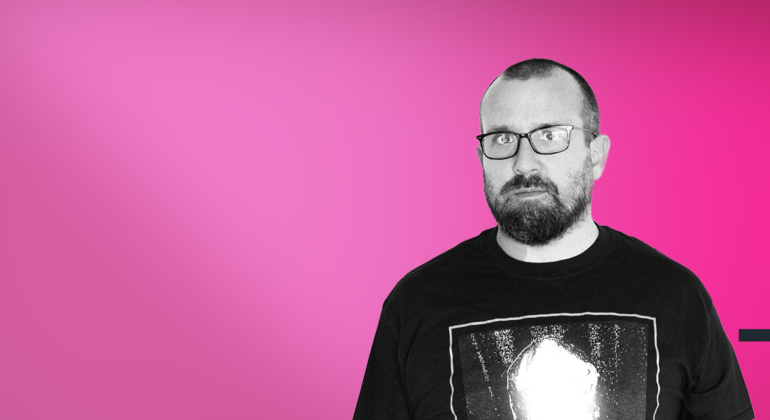Think you can’t advertise your CBD/hemp products in the digital realm? Think again…
The grass isn’t always greener for the ever-growing realm of CBD and hemp-based products, and many companies have fallen victim to the strict advertisement rules against it. That’s the bad news. The good news is there are still creative ways (and yes, that Includes advertising!) for smart CBD companies to reach their target customers on well-known digital and social media platforms through CBD marketing.
Perhaps one of the most frequently discussed cannabinoids, CBD, is an industry on-track to harvest a generous $16.32 billion in the United States by 2026. With each state controlling its own rules and regulations over whether or not Mary Jane’s sister cell is legal, we expect to see many more changes in the legality of advertising CBD products after the 2020 elections.
Sure, there’re billboards, posters, sponsorships and print, but what can CBD and hemp-based product companies and products do about digital advertising today? Surprisingly, a lot more than you’d think!
There’s a long laundry list of best practices and things you’ll need to do before you launch your CBD ad campaign online – the biggest being a CBD-free landing page (or website) to which you can direct your traffic. While this may sound counter-intuitive, this is the most important step in not getting your ads shut down. A thorough scrub of any language and images including “hemp,” “CBD” or “cannabinoid” or encouraging shopping for any of these product types is also discouraged, though brands can mention “full-spectrum.” Also, be careful how you position your products and their effectiveness or your product reviews – giving medical advice or touting health benefits is a surefire way of getting your ads pulled and can result in a potential fine from the FDA. CBD and hemp products are not yet approved by the FDA, and it’s vital that companies pay close attention to the rules and regulations around how they sell products.
Once you have your scrubbed-clean landing page ready for consumers to visit, you can utilize a variety of platforms for paid digital advertisements:
- Facebook and Instagram– Similar to the landing page, we recommend creating a CBD and hemp-free Facebook page and ad creative to get around the censorship roadblocks. There are many ways to allude to your “special ingreendient” when it comes to your products, and the cleverer your creative, the better your engagement! We also strongly recommend removing any mention of CBD from the product or marketing images, as this will help keep your ads running effectively without regulation flagging.
- Influencers and Paid Partnerships– Many celebrities and influencers have already jumped on the CBD train; as these are personal channels, they are under a different microscope than brand pages. Depending on your budget and appetite for sending out free product, it’s a matter of selecting the right group of influencers to represent your brand, sending your product to them and having them post on their channels. In most cases, you can repost their content to your brand channels, giving you another source of content creation in addition to helping get your product in front of new audiences.
- Podcast and Streaming Radio Ads– The streaming audio world is another untapped market for CBD advertising, and with 700,000 live podcasts and 67% of the U.S. tuning in to listen, it’s a low-barrier and cost-efficient way to boost your brand. The best part? You can mention CBD as often as you like!
- SEO Optimization –Search engine optimization is one of the best investments a CBD company can make to be found easily by consumers. Practicing proper SEO will ensure you are capturing the right search traffic for your products and helps both consumers and search engines view you as a trusted thought leader in the nascent industry.
So, what are the platforms you truly can’t advertise on?
- Twitter –Twitter has some of the strongest, most strict censorship laws around CBD and hemp advertisements – and even getting creative with language, images and faux landing pages won’t get you past their censorship policies.
- Google AdWords – Google AdWords is strict and savvy when it comes to locating and shutting down CBD or hemp-related ads. From our experience, the ads will sit in review for weeks and then get denied without much of an explanation. We don’t recommend putting the time and energy into this tactic or platform. Instead, invest in solid SEO practices, as SEO will be your best friend when it comes to online searchability.
Want to learn more about how we can enhance your digital marketing game for your cannabis, hemp or CBD products? Contact rebecca@kiterocket.com.


